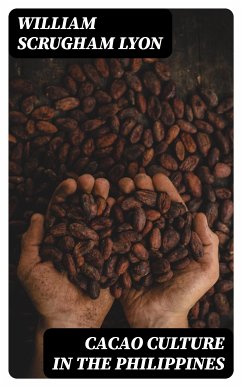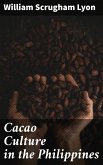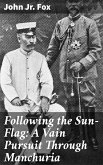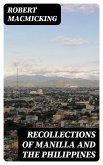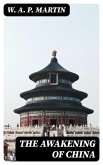In "Cacao Culture in the Philippines," William Scrugham Lyon presents a comprehensive exploration of the cacao industry in the archipelago, illuminating its agricultural practices, economic implications, and cultural significance. Written in an engaging and meticulously researched style, Lyon employs a blend of historical analysis and contemporary critique to situate cacao within the broader framework of Philippine agriculture and global trade. His work delves into the indigenous traditions surrounding cacao cultivation, the socio-economic challenges faced by farmers, and the potential for sustainable practices in a rapidly changing environment, all while maintaining a narrative that is both informative and compelling. Lyon's passion for agriculture and his background in environmental science deeply inform his writing. Having spent several years living and working in rural Philippine communities, he understands firsthand the intricate relationship between local farmers and their land. His experiences have shaped his perspective on the intersection of tradition and modernity, allowing him to draw nuanced conclusions about the future of cacao cultivation and its impact on local economies. This book is essential for scholars, farmers, and anyone interested in the complex narrative of agro-economics in developing nations. Lyon's passionate advocacy for sustainable farming practices and his insightful analysis make this work a pivotal resource for understanding not only cacao culture but also the broader implications of agricultural practices in the Philippines.
Dieser Download kann aus rechtlichen Gründen nur mit Rechnungsadresse in A, B, BG, CY, CZ, D, DK, EW, E, FIN, F, GR, H, IRL, I, LT, L, LR, M, NL, PL, P, R, S, SLO, SK ausgeliefert werden.
Hinweis: Dieser Artikel kann nur an eine deutsche Lieferadresse ausgeliefert werden.

